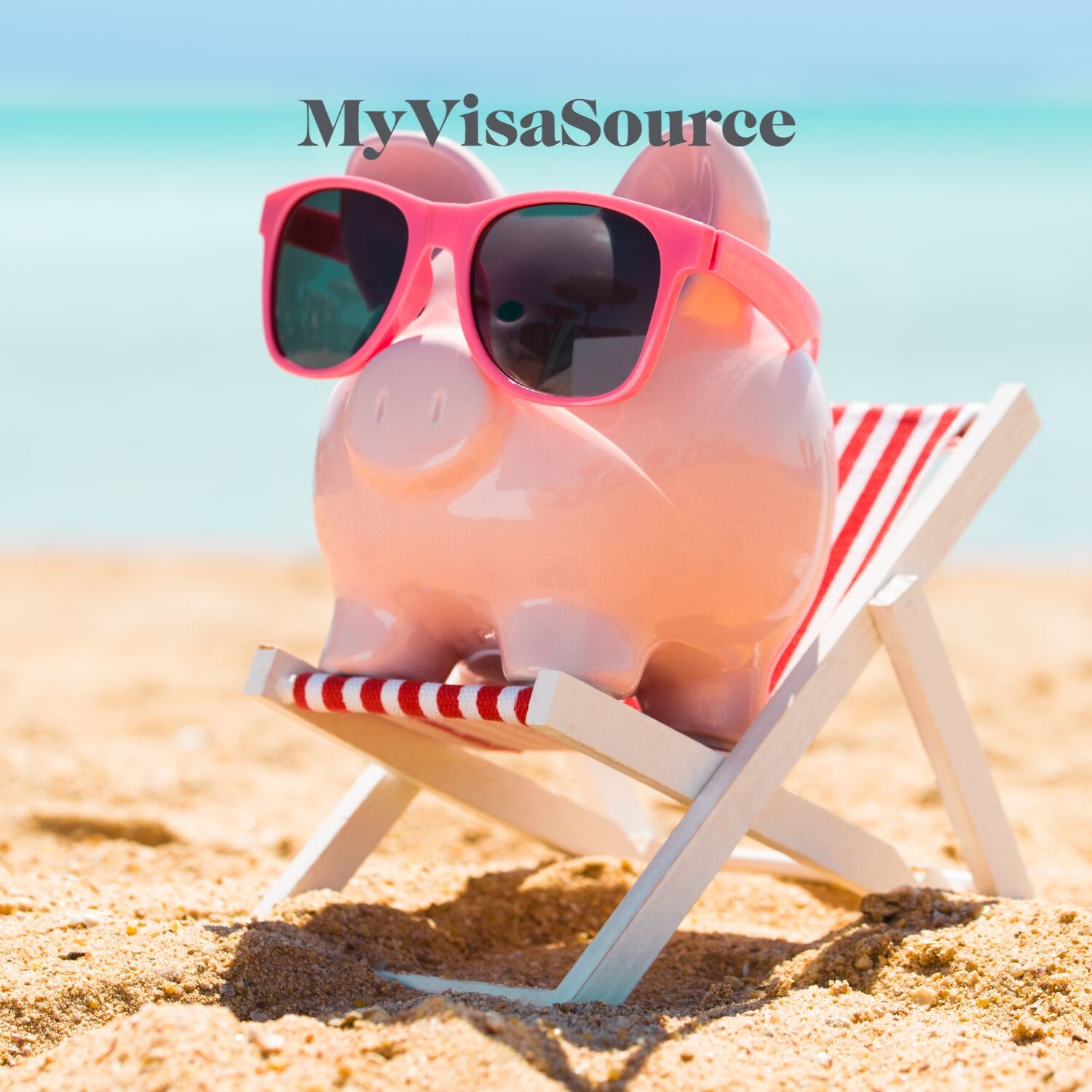Canada offers immigration policies that provide opportunities for families to reunite and individuals to start a new life. If you're considering sponsoring a family member or a loved one to join you in Canada, it's crucial to understand the financial requirements involved. Canadian immigration authorities want to ensure that sponsors have the means to support their sponsored family members and prevent them from becoming dependent on government assistance. In this blog post, we'll explore the financial requirements for sponsors in Canada and help you navigate this essential aspect of the sponsorship process.
Who Can Be a Sponsor?
Before delving into the financial aspects, it's important to understand who can be a sponsor in Canada. Canadian citizens, permanent residents, and registered Indians under the Indian Act can sponsor certain family members. Eligible family members include spouses, common-law partners, conjugal partners, dependent children, parents, and grandparents.
Minimum Necessary Income (MNI)
One of the primary financial requirements for sponsors in Canada is meeting the Minimum Necessary Income (MNI) threshold. The MNI is the minimum annual income that a sponsor must demonstrate to be eligible to sponsor a family member. This threshold varies depending on the number of family members being sponsored and their location in Canada. Keep in mind that sponsors in Quebec are subject to different rules, as Quebec has its own immigration system.
Sponsorship Undertaking
When you sponsor a family member to come to Canada, you'll be required to sign a sponsorship undertaking. This undertaking is a legally binding commitment that you will provide financial support to your sponsored family member for a specified period, usually 3 to 20 years, depending on the relationship and age of the sponsored person.
Co-signers
If the sponsor's income alone doesn't meet the MNI requirement, they have the option to include co-signers. A co-signer is an individual who agrees to share the financial responsibility of the sponsored person. Co-signers can be spouses, common-law partners, or cohabiting partners. Together, the sponsor and co-signer(s) must collectively meet the MNI threshold.


















